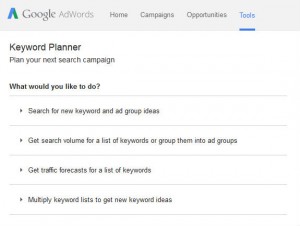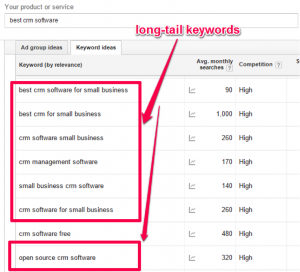Best SEO Keywords in Search Engine Marketing
Arguably the most important aspect of writing or editing an article with in mind is choosing the best
target keyword phrase. It can also be one of the best strategies of content SEO to master. But if you
choose the right keyword phrase for a given article and weave it into an engaging and well-written
piece, your article could be well on its way to a page one ranking in search engines for that phrase.
The target keyword phrase should be a two- to- four-word phrase (maybe even more words) that conveys the
article’s core topic or message. If you could wish for your article to rank highly for any phrase, this
would be it.
Beyond the importance of shooting for a page-one ranking, there are at least three additional reasons
why the target keyword phrase is so critical.
1. It will make portion of your headline and meta title — usually the first part of your article a
potential reader will see. It’s in those nanoseconds when you’re most likely to hook or miss a potential
reader.
2. The research you put into choosing the target keyword phrase can trickle down to the rest of the
article. What you don’t choose for the main phrase can become secondary keyword phrases that will enrich
the article’s deck, intro, subheads, etc., further enhancing the article’s clout in search engines’
indexes.
3. Studying the keyword make you a better writer and editor. Simply put, the research gives you insight
into how your potential audience thinks about and looks for information.
Below is a step-by-step look at how to choose the best target keyword phrase for an article, including a
hypothetical example to illustrate the steps.

“Content Marketing: A 360 Degree Approach”.
Is your content marketing strategy giving you the results you want? There may be strategies you are
overlooking.
A Free Webinar by AdLift Inc. on November 9th.
After you have a headline with a strong target keyword phrase, don’t consider your SEO work done. The
best SEO isn’t just bolted on to an article or to the editorial workflow.
The ultimate goal here isn’t to just please the search engines’ algorithms. It’s to make an article
better for and more easily accessible by its potential audience.
1. Consider The Article
2. Brainstorm Your Keywords
3. Do Your Keyword Research
4.Review The Results
5. Resist The Temptation of Big Numbers
6. Choose The Long Tail

7. Double Up If You Can
8. Write The Headline
9. Weave It In
10. Use Secondary Phrases
Source:searchenginejournal
Peter Zmijewski is the founder and CEO at KeywordSpy. His expert knowledge on Internet Marketing practices and techniques has earned him the title “Internet Marketing Guru“ He is also an innovator, investor and entrepreneur widely recognized by the top players in the industry.
